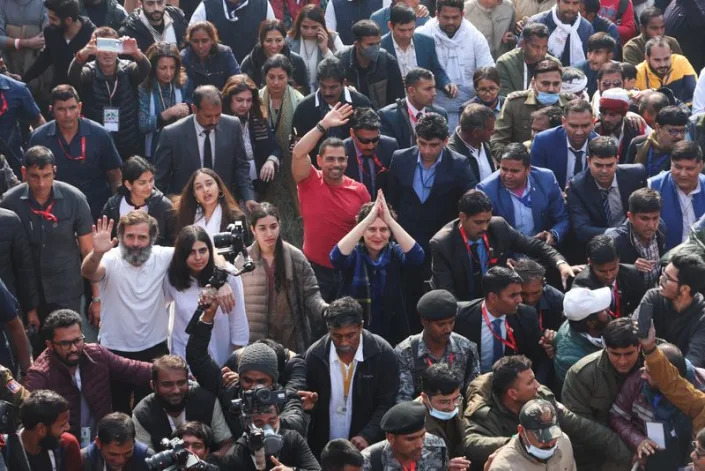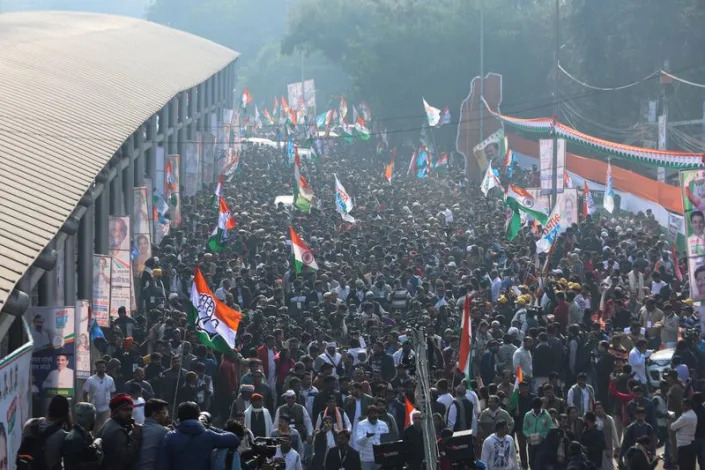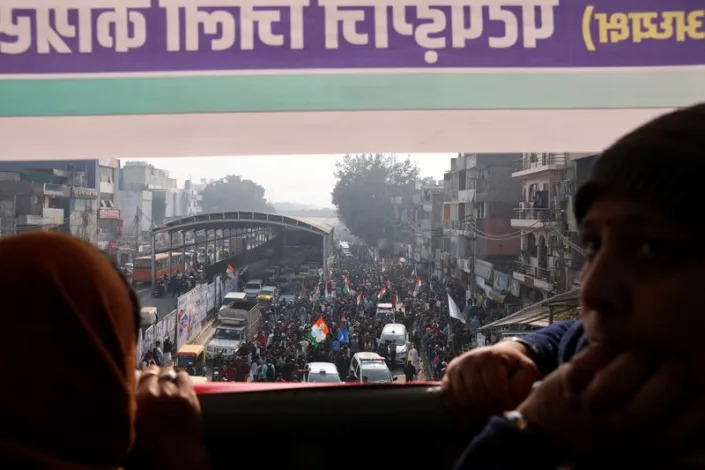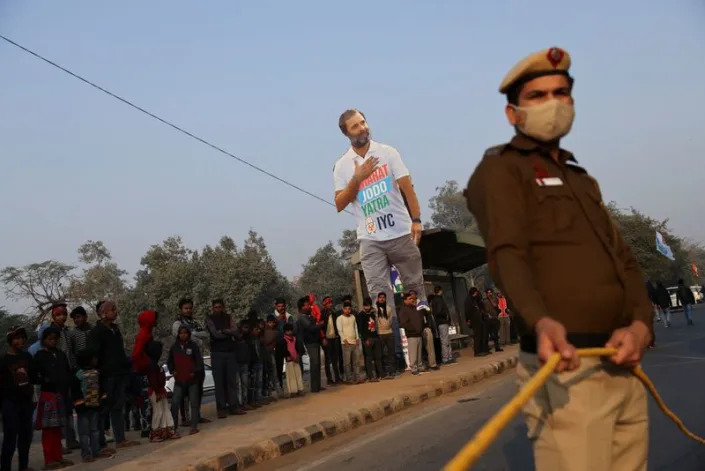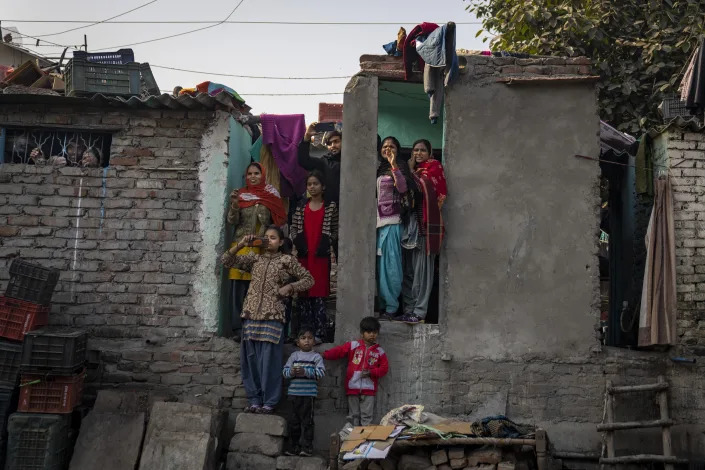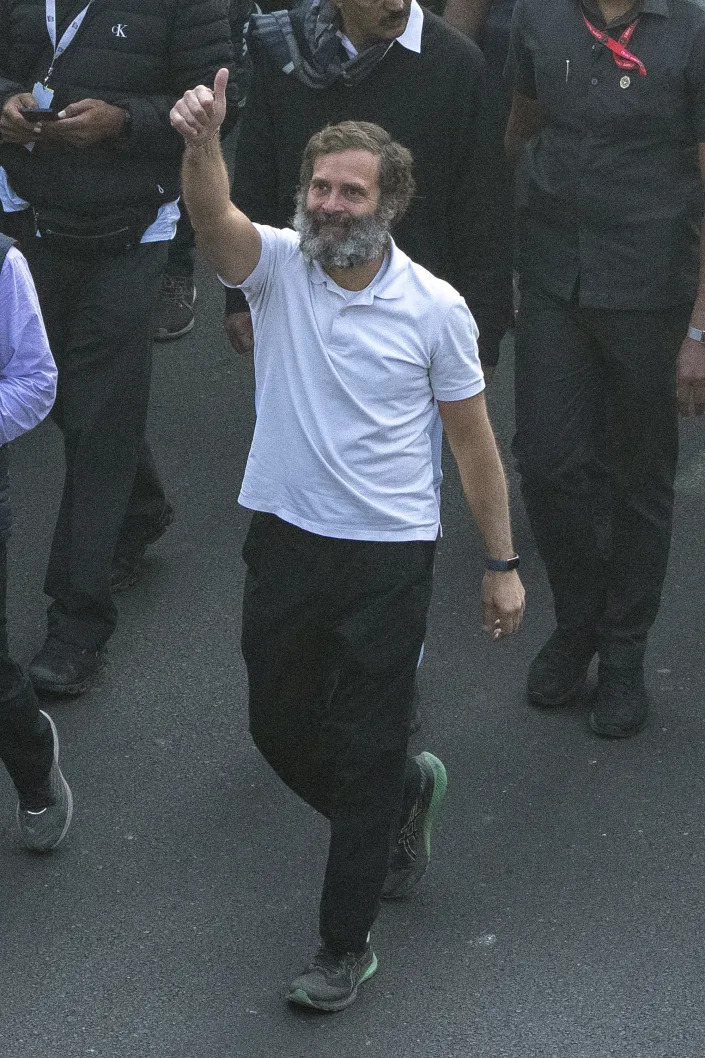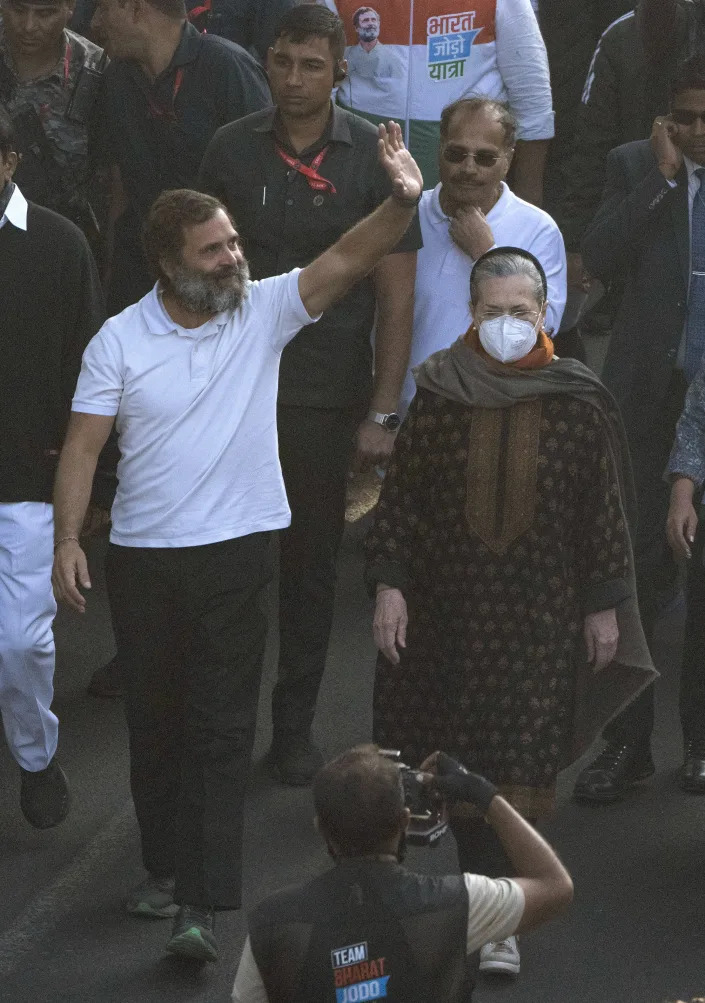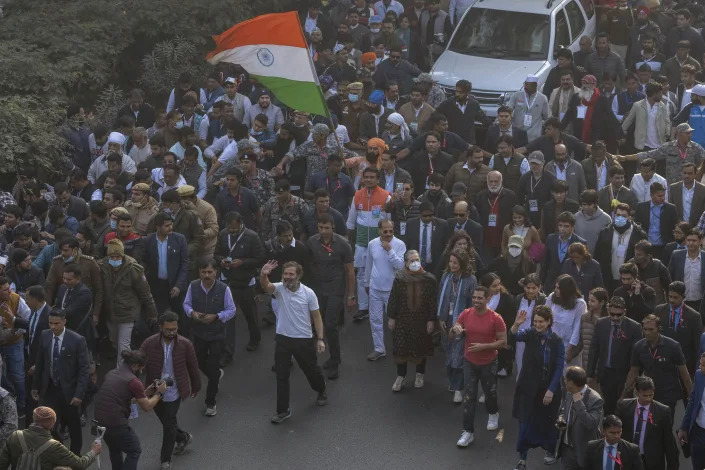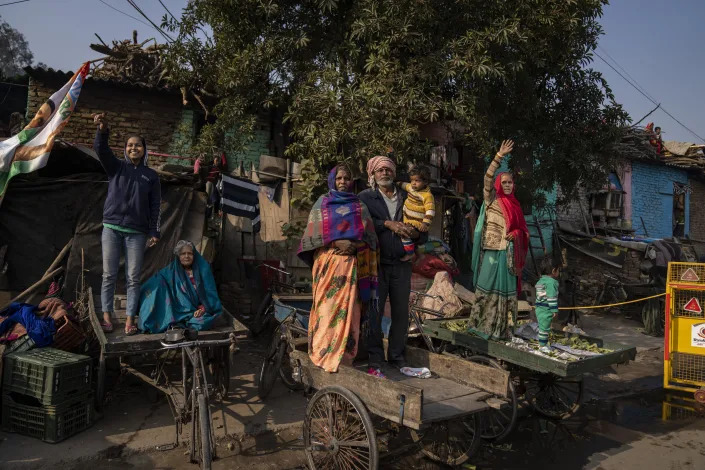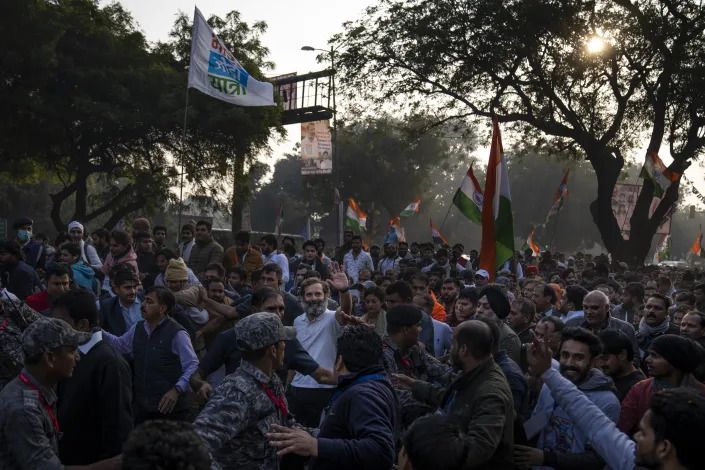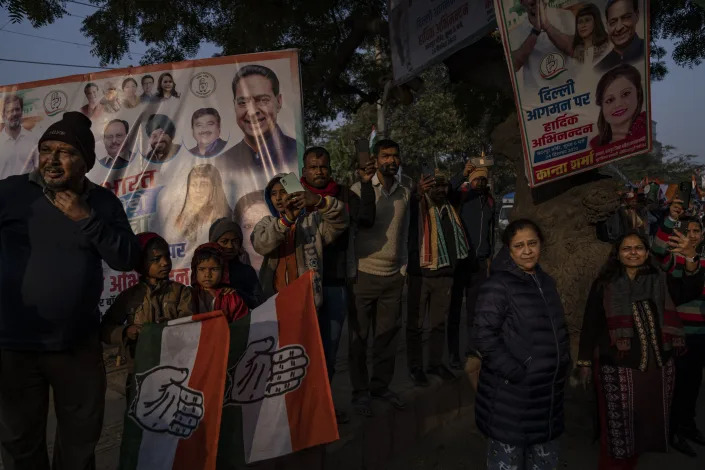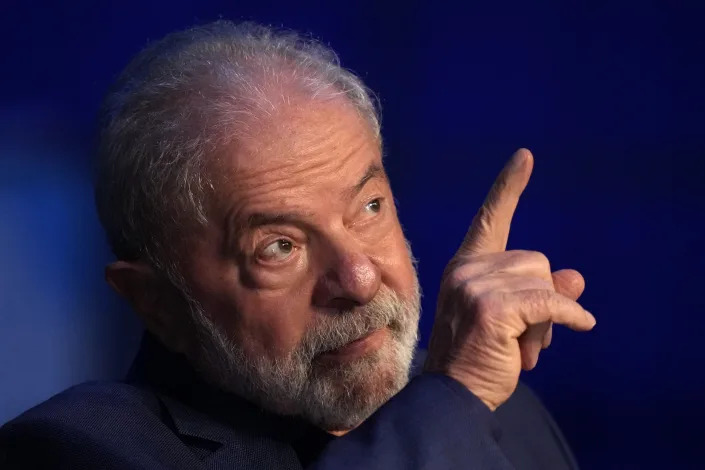PAKISTAN
President, PM urge following Quaid’s guiding principles as nation celebrates his 146th birthday
Pictures from the change of guard ceremony held at the Quaid-e-Azam’s
mausoleum in Karachi on Sunday. — Radio Pakistan
As the nation celebrated the 146th birthday of the nation’s founder Quaid-i-Azam Mohammad Ali Jinnah on Sunday (today), politicians reminded Pakistanis of the leader’s guiding principles.
The commemoration of the day began with a change of guards ceremony held at Quaid-i-Azam’s mausoleum in Karachi today where the Pakistan Air Force cadets handed over the guards’ duties to the cadets of the Pakistan Military Academy, Radio Pakistan reported.
Major General Umer Aziz, the chief guest on the occasion, laid a floral wreath at the mausoleum and offered Fateha prayers.
A clarion call for the nation: PM Shehbaz
President Dr Arif Alvi and Prime Minister Shehbaz Sharif, in separate messages, have urged the nation to follow the guiding principles of the father of the nation to ensure the progress and prosperity of the country, Radio Pakistan reported.
President Arif Alvi expressed gratitude to Quaid-i-Azam for “carving out a separate homeland for the Muslims of the sub-continent where we are free to realise our dreams”.
In a message shared by the President’s office, Dr Alvi pledged to make the “right decisions at the right time and ensure the continuation of policies to create stability in the country by embracing Quaid’s advice to think a hundred times before you take a decision, but once that decision is taken, stand by it as one man”.
He also renewed Pakistan’s pledge to continue its moral, diplomatic and political support to Kashmiris of India-occupied Jammu and Kashmir in realising their dream of self-determination in line with the UN Security Council resolutions, according to Radio Pakistan.
He reiterated his commitment to “always cherish and uphold Quaid’s vision for Pakistan where we mobilise all our resources in a systematic and organised way and tackle the grave issues that confront us with grim determination and discipline worthy of a great nation”.
Shehbaz Sharif in his message said the best way to pay tribute to Quaid-i-Azam is to make Pakistan an Islamic welfare state, Radio Pakistan said.
It further said that the premier stressed the need to put an end to internal differences and work tirelessly for the progress of the country.
In a tweet, the prime minister asserted, “Quaid-i-Azam single-handedly changed the course of history through his sheer willpower, clarity of thought & unwavering struggle.”
He added that “commitment to constitutionalism marked his (Quaid-i-Azam’s) leadership” while remarking that the founder’s “motto of unity, faith & discipline continues to serve as a clarion call for the nation”.
Interior Minister Rana Sanaullah said that the day “reminds us of Quaid’s vision of making Pakistan an Islamic welfare state where everyone gets equal rights” while pledging to “sacrifice everything for the integrity and development of Pakistan”.
Tributes
A flag-hoisting ceremony was held at the Ziarat Residency in Ziarat, Quetta and was attended by the provincial minister Noor Mohammad Dummar, Radio Pakistan said.
The PAF has released a national song to pay tribute to Quaid-e-Azam on the occasion along with a video highlighting the exemplary leader’s struggle for Pakistan.
Leaders across the country remember Quaid
Sindh Governor Kamran Tessori and Chief Minister Murad Ali Shah, talking to the media today outside Quaid-e-Azam’s mausoleum, emphasised the need for following the golden principles of the nation’s founder — unity, faith and discipline — to deal with the challenges faced by the nation.

Tessori said that all of us will have to play our due role in the progress and prosperity of the country and in fulfilling Quaid’s wishes, Radio Pakistan reported.
According to the state news agency, Murad Ali Shah said that we are facing a severe economic crisis and terrorism in the country, which can only be dealt with by forging unity in our ranks.
He assured the people of India-Illegally Occupied Jammu and Kashmir that the government and the people of Pakistan stand with them.
Khyber Pakhtunkhwa Chief Minister Mahmood Khan shared a message saying, “By making the principles of Quaid-i-Azam — faith, unity and discipline — as the motto of our lives, we can make the dreams of Pakistan’s progress and development a reality.”
He added that the state’s “honour and peace is our first responsibility and priority”.
Federal Minister for Climate Change Sherry Rehman tweeted, “Remembering Jinnah should mean remembering that Pakistan was created as an inclusive [and] progressive democracy.”
She remarked, “Our path may have been darkened by barriers but let’s not forget who we are or should be, where we aim to go and [that] the unity he preached is not impossible at any time.”
More to follow


